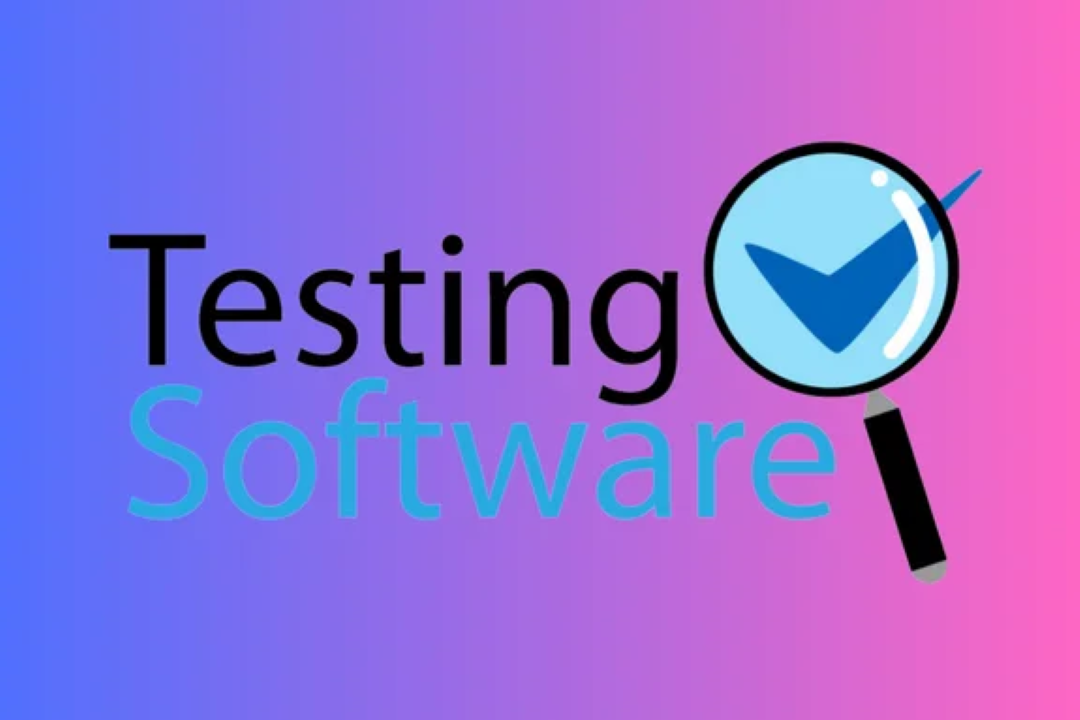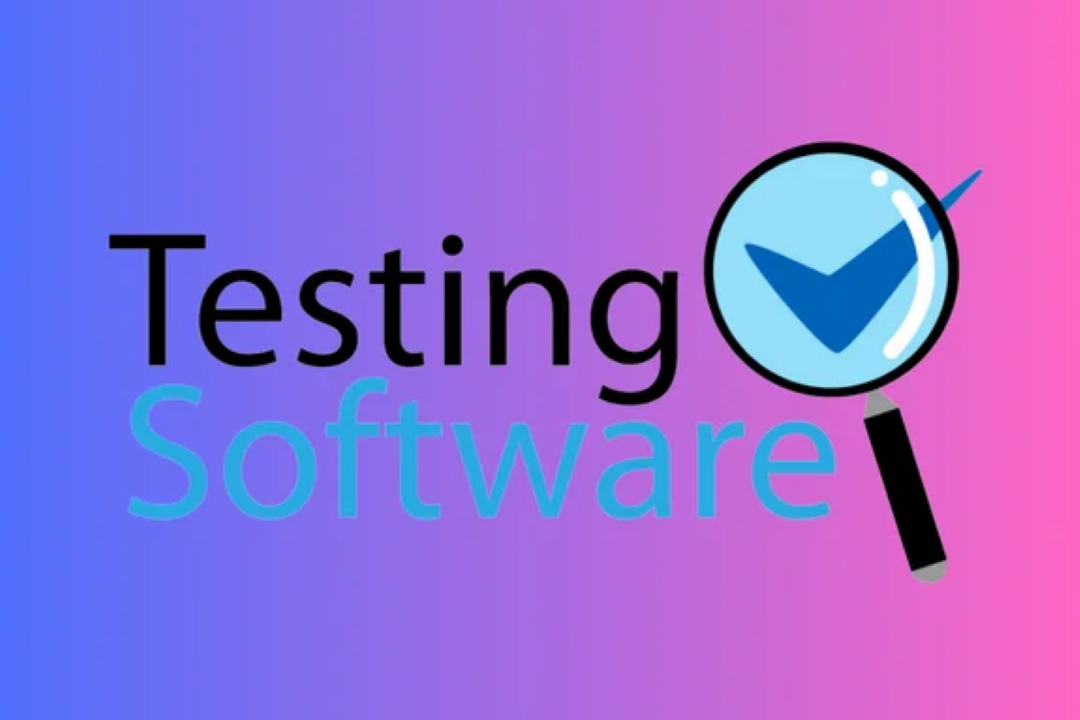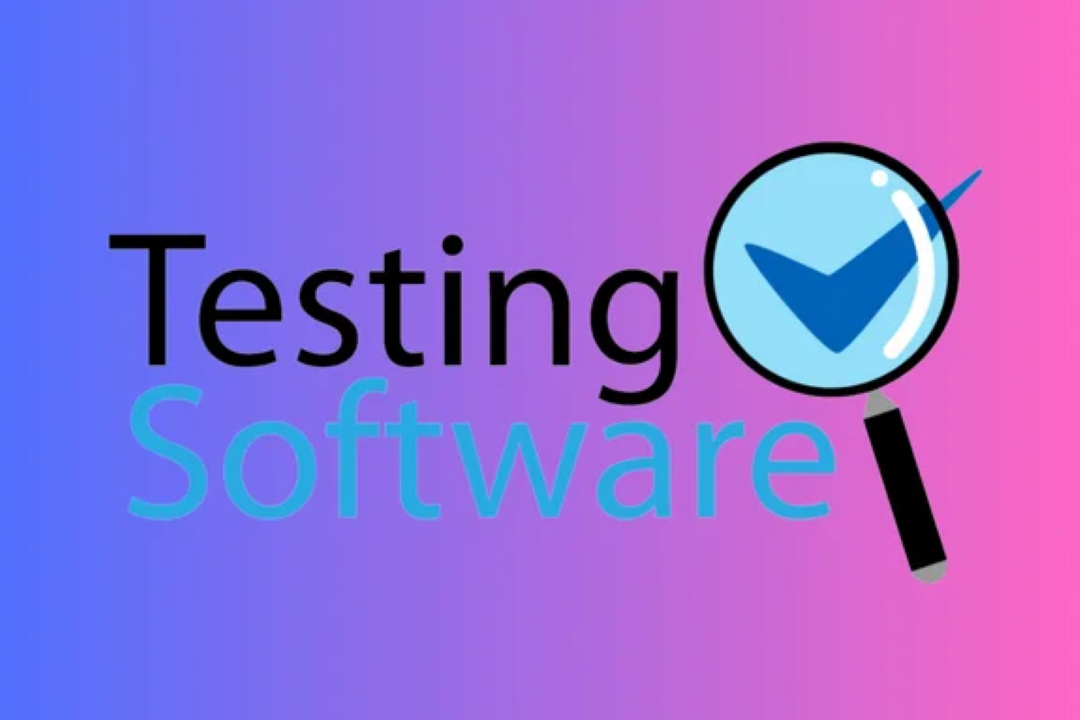Selenium 3.0 Certification Course Edureka
The Selenium 3.0 Certification Course by Edureka is a comprehensive training program designed to pro
Selenium 3.0 Certification Course Edureka
The Selenium 3.0 Certification Course by Edureka is designed for individuals aspiring to excel in software testing and automation. This course provides a comprehensive understanding of Selenium WebDriver, enabling learners to automate web applications efficiently. Through practical, hands-on projects, participants gain real-time experience in creating and executing test scripts, which enhances their employability in the tech industry. With a focus on industry-relevant skills and tools, this certification empowers professionals to ensure software quality and improve testing efficiency, making it a valuable asset for anyone looking to advance their career in software development and testing.
To Download Our Brochure: https://www.justacademy.co/download-brochure-for-free
Message us for more information: +91 9987184296
The Selenium 3.0 Certification Course by Edureka is designed for individuals aspiring to excel in software testing and automation. This course provides a comprehensive understanding of Selenium WebDriver, enabling learners to automate web applications efficiently. Through practical, hands on projects, participants gain real time experience in creating and executing test scripts, which enhances their employability in the tech industry. With a focus on industry relevant skills and tools, this certification empowers professionals to ensure software quality and improve testing efficiency, making it a valuable asset for anyone looking to advance their career in software development and testing.
Course Overview
The Selenium 3.0 Certification Course by Edureka offers a thorough exploration of the Selenium testing framework, focusing on Selenium WebDriver and its application in automating web applications. This course covers essential topics such as test automation frameworks, handling web elements, and implementing advanced testing techniques. Participants will engage in hands-on projects that provide real-world experience, equipping them with the necessary skills to design and execute automated test scripts effectively. By the end of the course, learners will be prepared to tackle practical challenges in software testing and enhance their career prospects in the IT industry.
Course Description
The Selenium 3.0 Certification Course by Edureka is designed to provide a comprehensive understanding of the Selenium framework, focusing specifically on Selenium WebDriver for automating web applications. Participants will delve into essential topics such as test automation frameworks, the intricacies of handling web elements, browser manipulation, and implementing advanced testing strategies. The course emphasizes real-time project experience, enabling learners to apply their knowledge to practical scenarios and enhance their testing skills. By incorporating industry best practices and hands-on assignments, this course equips aspiring testers and developers with the expertise needed to excel in the field of software testing and automation.
Key Features
1 - Comprehensive Tool Coverage: Provides hands-on training with a range of industry-standard testing tools, including Selenium, JIRA, LoadRunner, and TestRail.
2) Practical Exercises: Features real-world exercises and case studies to apply tools in various testing scenarios.
3) Interactive Learning: Includes interactive sessions with industry experts for personalized feedback and guidance.
4) Detailed Tutorials: Offers extensive tutorials and documentation on tool functionalities and best practices.
5) Advanced Techniques: Covers both fundamental and advanced techniques for using testing tools effectively.
6) Data Visualization: Integrates tools for visualizing test metrics and results, enhancing data interpretation and decision-making.
7) Tool Integration: Teaches how to integrate testing tools into the software development lifecycle for streamlined workflows.
8) Project-Based Learning: Focuses on project-based learning to build practical skills and create a portfolio of completed tasks.
9) Career Support: Provides resources and support for applying learned skills to real-world job scenarios, including resume building and interview preparation.
10) Up-to-Date Content: Ensures that course materials reflect the latest industry standards and tool updates.
Benefits of taking our course
Functional Tools
1 - Selenium WebDriver: Selenium WebDriver is a fundamental tool covered in the Selenium 3.0 Certification Course, allowing for browser based automation. It enables testers to interact directly with web applications by simulating user actions such as clicking buttons, entering text, and navigating pages. WebDriver supports multiple programming languages, including Java, C#, Python, and Ruby, making it versatile for different development environments. Through practical exercises, students learn how to create robust test scripts that can handle dynamic web pages and a variety of user scenarios, enhancing their expertise in automated testing.
2) TestNG: TestNG is a testing framework inspired by JUnit and NUnit, and it plays a crucial role in the course curriculum. It provides support for test configuration, grouping, and parallel execution, allowing testers to structure and manage their test cases efficiently. Students learn to utilize various annotations, reporting features, and assertions, which facilitate comprehensive test management. By integrating TestNG with Selenium WebDriver, learners can create organized and maintainable test suites that adequately cover application functionalities, thus improving testing efficiency and effectiveness.
3) Apache Maven: Apache Maven is a project management tool covered in the course that streamlines the build process for Selenium projects. It manages project dependencies automatically, allowing learners to focus on writing tests without manual configuration hassles. Participants gain hands on experience in setting up Maven projects, running tests, and generating reports. Understanding how to use Maven together with Selenium enhances students' productivity and showcases industry standard practices for managing and scaling automation projects.
4) Selenium Grid: Selenium Grid is an essential tool introduced in the course to facilitate distributed testing. It allows testers to run tests on multiple machines and browsers simultaneously, significantly speeding up the testing process. Students learn how to set up and configure a Selenium Grid, enabling cross browser testing across different operating systems and devices. Knowledge of Selenium Grid is critical for organizations that require thorough testing across various environments, making it a valuable skill for any automation tester.
5) Jenkins: Continuous Integration/Continuous Deployment (CI/CD) tools such as Jenkins are explored in the certification course, further enhancing students' automation capabilities. Jenkins automates the integration of changes to the project, triggering test executions automatically after each code commit. Participants learn how to create pipelines that integrate Selenium tests into the CI/CD workflow, allowing for rapid feedback and maintaining software quality. This knowledge positions learners to contribute meaningfully to modern Agile teams.
6) Cucumber: Cucumber is a Behavior Driven Development (BDD) tool introduced in the course, enabling testers to write tests in a human readable format. It encourages collaboration between developers, testers, and non technical stakeholders by expressing test scenarios in plain language. Students learn how to create Gherkin scripts, which define the behavior of software features. Integrating Cucumber with Selenium allows testers to execute these scenarios, ensuring that the development meets business requirements. Mastery of Cucumber enhances communication and alignment in project teams, making it a highly sought after skill in the industry.
7) Page Object Model (POM): The Page Object Model is a design pattern emphasized in the certification course to enhance test maintainability and readability. It promotes the creation of an object repository for web elements, encapsulating the details of page interactions within dedicated classes. By implementing POM, learners gain the ability to separate test logic from page specific code, leading to cleaner, reusable test scripts. Understanding this design principle prepares testers to develop scalable automation frameworks that can evolve alongside the application under test.
8) Exception Handling: Exception handling is a crucial topic covered in depth throughout the course. Students learn to manage unexpected events and errors that may arise during test execution, ensuring that their automation scripts run smoothly. By incorporating robust exception handling techniques, testers can create resilient scripts that provide meaningful error messages and enable graceful recovery. This knowledge is vital for building reliable automated tests that minimize false negatives and offer greater insights into application behaviors.
9) Headless Browser Testing: The certification course also explores headless browser testing, which allows Selenium tests to run without a graphical user interface. This approach can significantly enhance testing speed and resource consumption. Students learn about tools like HtmlUnit and Headless Chrome, gaining practical experience setting up and executing headless tests. Understanding headless testing equips learners with the ability to run tests in environments where GUI interaction is impractical, such as in continuous integration pipelines.
10) Browser Developer Tools: Familiarity with browser developer tools forms an essential part of the curriculum. Students learn to leverage built in browser tools to inspect elements, debug scripts, and analyze performance. Mastering these tools empowers testers to identify issues more efficiently, understand application behavior, and optimize their test scripts. Utilizing browser developer tools fosters a more informed and strategic approach to test automation, improving overall test quality.
11 - Data Driven Testing: Data driven testing is a key focus of the course, enabling students to run the same test logic with multiple data sets. By integrating data sources such as Excel spreadsheets or CSV files into their tests, learners can validate application functionality across various scenarios. This technique maximizes test coverage and enables comprehensive validation of features. Understanding data driven testing is essential for automation testers looking to implement efficient and scalable testing strategies.
12) API Testing with RestAssured: As part of the Python focused automation segment of the course, students are introduced to API testing using the RestAssured library. Knowledge of API testing is becoming increasingly important as applications become more service oriented. Participants learn to validate RESTful web services, testing endpoints for correctness and performance, which complements their Selenium skills. This dual expertise positions testers to handle full spectrum testing tasks within diverse project environments.
13) Performance Testing Integration: Performance testing principles are integrated into the course curriculum, demonstrating how Selenium can complement performance tools like JMeter. Students explore how to synchronize automated browser tests with performance testing, allowing for the evaluation of application responsiveness under load. Understanding performance testing prepares testers to identify bottlenecks and performance issues early in the development cycle, ensuring optimal user experience.
14) Reporting and Logging: The course emphasizes the importance of reporting and logging within automated test frameworks. Students learn to implement logging mechanisms that capture test execution details and results. They are guided on how to generate user friendly reports with tools like Allure or ExtentReports to visualize test outcomes. Effective reporting and logging practices are critical for stakeholders to gauge test progress and make informed decisions based on testing results.
15) Test Automation Strategies: The curriculum covers various test automation strategies, including risk based testing, regression testing, and smoke testing, guiding students in choosing the right approach based on project requirements. Understanding different strategies equips learners to tailor their test automation processes effectively and align them with the overall development lifecycle. This strategic mindset enhances their ability to contribute to Agile and DevOps methodologies.
By offering a comprehensive curriculum touching on these vital aspects of test automation, JustAcademy ensures that students are well prepared to excel in the field and meet the demands of modern software development environments.
Browse our course links : https://www.justacademy.co/all-courses
To Join our FREE DEMO Session:
This information is sourced from JustAcademy
Contact Info:
Roshan Chaturvedi
Message us on Whatsapp: +91 9987184296
Email id: info@justacademy.co
Selenium Webdriver Training In Kanpur












